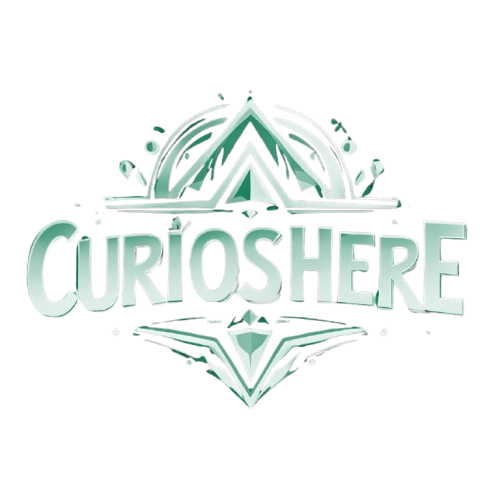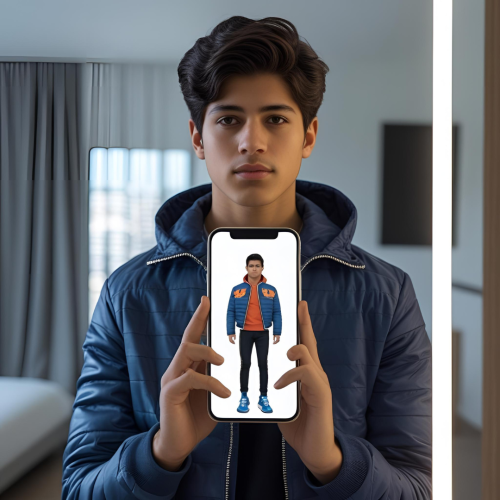Looking to build a Shopify business that’s both profitable and planet-friendly? In 2025, consumers are actively seeking brands that align with their values, especially in fashion, beauty, and lifestyle. Whether you’re an aspiring entrepreneur, eco-advocate, or digital nomad with purpose, here are 7 sustainable store ideas to help you make an impact — and earn income with integrity.
This guide goes beyond basic suggestions. For each idea, we explore what to sell, why it works, Shopify tools to use, international opportunities, and how to scale your sustainable business globally.
1. Eco-Friendly Fashion Store
What to sell: Organic cotton basics, linen outfits, bamboo underwear, hemp-based streetwear, biodegradable shoes, plant-dyed scarves.
Why it works: Sustainable fashion has moved from niche to mainstream. Consumers are more conscious of textile waste, carbon emissions, and labor ethics. Selling fashion made with low-impact materials and clean supply chains gives you a competitive edge — and resonates deeply with Gen Z and Millennials.
How to stand out:
- Highlight transparency in your sourcing
- Offer take-back programs or repairs
- Use storytelling to share the journey of each product
Shopify app suggestion: Planet – Carbon Offset, Shopify Markets (for international reach)
Top countries to target: USA, UK, Canada, Australia — all with strong demand for sustainable apparel
2. Zero-Waste Beauty and Self-Care Shop
What to sell: Shampoo bars, bamboo toothbrushes, refillable deodorants, reusable cotton rounds, solid perfumes, compostable razors, DIY skincare kits.
Why it works: Clean beauty is evolving into zero-waste beauty. This shift includes removing unnecessary plastic and focusing on ethical formulations. Many zero-waste beauty products also allow for repeat sales and subscriptions, increasing your store’s lifetime value.
How to scale:
- Launch product bundles (e.g., “Zero-Waste Starter Set”)
- Partner with green influencers
- Educate with tutorials and ingredient stories
Partner with: Brands like Ethique (NZ), Plaine Products (USA), UpCircle (UK)
Shopify app suggestion: ReCharge Subscriptions, Judge.me Product Reviews
3. Upcycled and Handmade Accessories Store
What to sell: Bags made from old seatbelts, jewelry from ocean plastic, patchwork bucket hats, scrunchies from fabric scraps, wallets from inner tubes.
Why it works: Upcycling tells a story — it’s not just a product, it’s a conversation. Consumers love to feel connected to the objects they buy, especially when they’re made from rescued materials. It also supports local artisans and reduces landfill waste.
Social media strategy:
- Show time-lapse videos of the creation process
- Share before-and-after materials
- Highlight the uniqueness of each item
Sustainable trend: Slow fashion, one-of-a-kind drops, and artisan collaborations
4. Eco-Kids Boutique
What to sell: Organic cotton baby clothes, wooden Montessori toys, cloth diapers, silicone feeding sets, non-toxic pacifiers, upcycled kidswear.
Why it works: Parents are increasingly prioritizing eco-conscious purchases for their children. Safety, comfort, and ethics matter more than ever. A beautiful online store that communicates care, softness, and responsibility can gain loyal family customers.
Scale strategy:
- Add gift registry options
- Partner with eco-mom bloggers and doulas
- Offer educational content on safe materials
Top countries to target: Canada, Germany, New Zealand, Netherlands
Bonus tip: Create a parenting resource blog and cross-promote with affiliate partners
5. Digital Downloads for Conscious Living
What to sell: Printable eco planners, eBooks on zero-waste living, minimalist checklists, climate action workbooks, eco-parenting guides, sustainable shopping directories.
Why it works: Digital products generate no waste, require no inventory, and can be sold endlessly. They are perfect for environmentally minded creators or educators who want to monetize knowledge.
Growth tips:
- Use email marketing to offer freebies and upsells
- Bundle resources into “Eco Lifestyle Packs”
- Launch affiliate programs with influencers
Apps to consider: Digital Downloads, SendOwl, ConvertKit
6. Sustainable Home Goods Store
What to sell: Beeswax wraps, compostable trash bags, recycled glassware, plastic-free dish brushes, natural all-purpose cleaners, low-waste storage containers.
Why it works: The sustainable living movement starts at home. Eco-conscious customers want to reduce plastic in kitchens and bathrooms, especially in daily routines.
Marketing strategy:
- Offer “Room-by-Room” sustainability bundles
- Partner with interior eco-designers
- Show real-life transformations in customers’ homes
Bonus idea: Offer carbon-negative shipping on all orders
7. Conscious Pet Products Store
What to sell: Plant-based pet food, biodegradable poop bags, toys made from upcycled fabrics, natural grooming products, zero-waste litter boxes.
Why it works: The pet industry is booming, and conscious consumers are demanding eco-friendly alternatives for their furry friends. It’s a growing niche that is still relatively underexplored.
Marketing tip:
- Collaborate with shelters and rescue influencers
- Share impact stats (e.g., how much plastic saved)
- Build a loyal community through storytelling
Top countries to target: USA, UK, Canada, Australia

Launch With Purpose and Profit
The future of e-commerce is green — and it’s global. With Shopify, you can launch a brand in days, reach conscious consumers across continents, and build a mission-driven store that reflects your values.
Transparency, community, and creativity are your strongest assets. Share your sustainability story authentically. Offset what you can. Educate through content. And remember: you don’t need to be perfect — just intentional.
🌱 Ready to begin? Start your Shopify store today for just $1 and join the movement for meaningful commerce.







